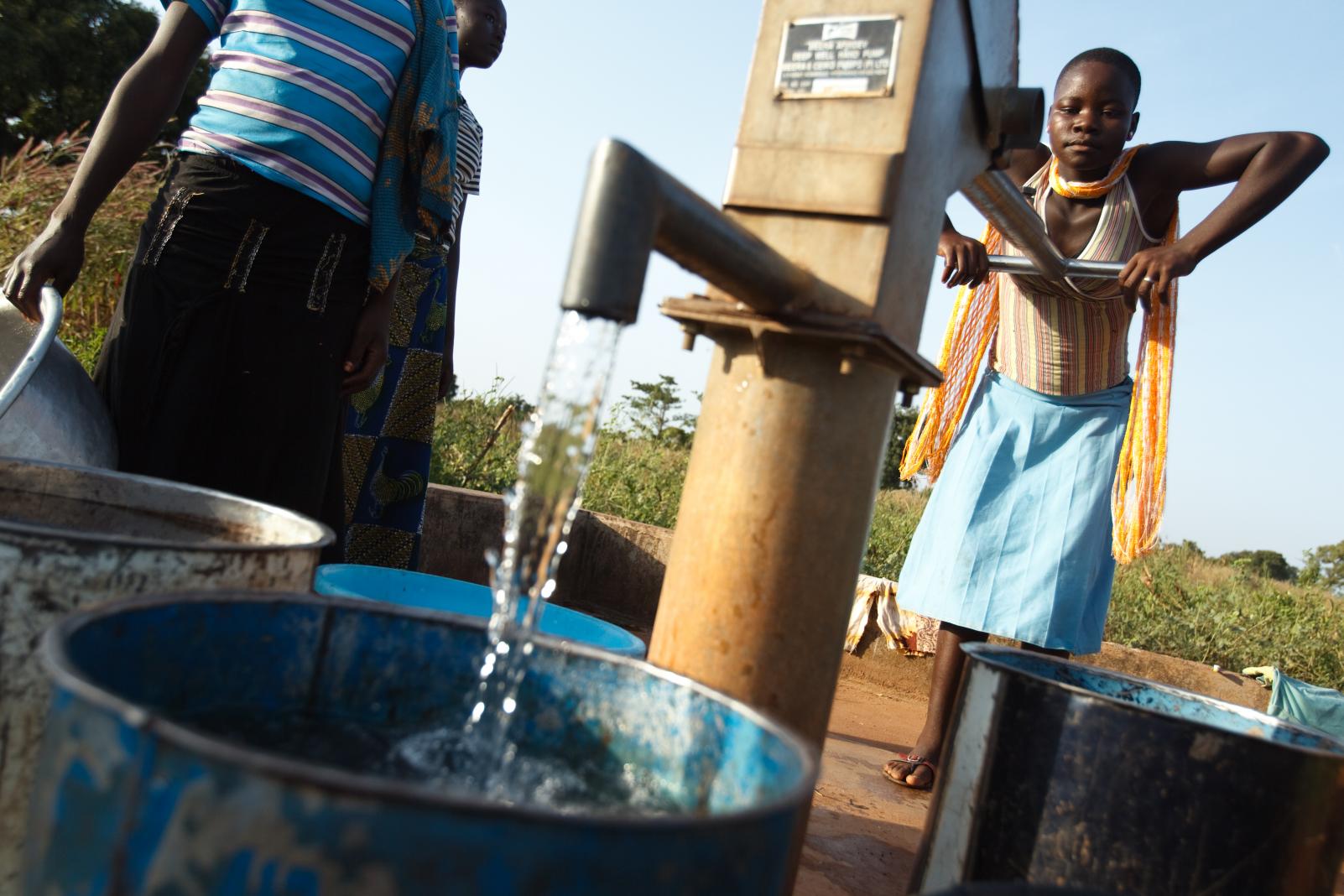The government of Côte d’Ivoire has begun a drinking water supply project that will ultimately see the town of Céchi, a sub-prefecture of the Agboville Department in the Agnéby-Tiassa Region of Lagunes District have its own drinking water supply system.
As of now, 2D Consulting Afrique, a firm specializing in environmental and sustainable development strategy and corporate social responsibility, has already started the environmental and social impact study of the drinking water project. This includes the collection of data in the field and public consultation that will take into account the positive and negative impacts of the project on its surrounding environment.
Other than Céchi, where drinking water will be supplied through an urban hydraulic system, that is, by a catchment either from a borehole or from a surface water withdrawal, the project will also benefit the inhabitants of the sub-prefecture capital of Pacobo.
Water for All
This drinking water supply project is a part of a programme dubbed “Water for All” which was launched by the West African country government back in 2017. It is meant to improve drinking water accessibility to all inhabitants of Côte d’Ivoire by 2030, through the establishment of mechanisms for the rational and sustainable management of available water resources.
The programme will be implemented in two phases. The first phase which is already ongoing includes the construction of 200 water towers and 8,000 new village pumps, as well as the repair of 21,000 existing village pumps and connection of 450,000 households to the network of the water distribution company of Côte d’Ivoire (Sodeci). When complete, by the end of this year, this phase will increase drinking water coverage to an average of 82.5% in the country, with a level of 60% for rural areas and 85% for urban areas.
The second phase will cover all the structural projects, the extension, and the densification of drinking water supply network in the large cities.
